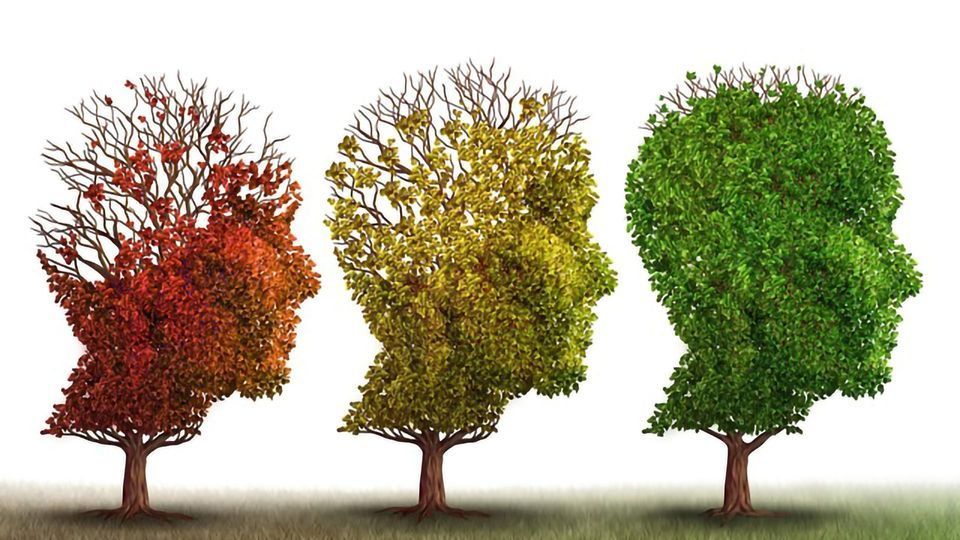New Treatment Reverses Signs of Brain Aging in Mice

Want to listen to this article for FREE?
Complete the form below to unlock access to ALL audio articles.
Read time: 2 minutes
Age-related cognitive decline and changes in immune function have been reversed by an experimental drug in a preclinical study, recently published in Life.
How age affects the brain
As we age, cognition often declines. Abilities that are affected include short-term memory and how fast we are able to process information. This can be a result of genetic changes and the accumulated stress of lifestyle and environmental factors. Addressing this is essential to improve the quality of life of older people, which considering improvements in life expectancy in the UK is especially important.
Results of a study, on a small molecule drug known as integrated stress response inhibitor (ISRIB) in aged mice, indicate that ISRIB may be key to treating age-related cognitive decline. Professor Peter Walter of the UCSF Department of Biochemistry and Biophysics stated in a press release: "The data suggest that the aged brain has not permanently lost essential cognitive capacities, as was commonly assumed, but rather that these cognitive resources are still there but have been somehow blocked, trapped by a vicious cycle of cellular stress."
What is the integrated stress response?
According to Professor Susanna Rosi, leader of the lab which conducted this study: “The integrated stress response (ISR) is a conserved mechanism that all cells use to cope with environmental stress. The ISR is activated in the brain during aging.” Other factors that contribute to ISR activation include oncogene activation, viral infection and unfolded proteins building up in the endoplasmic reticulum. These stresses trigger proteins called kinases to phosphorylate eIF2α. This causes an overall decrease in protein synthesis in the cell, and increased transcription of mRNAs for certain proteins such as ATF4, which regulates a wide variety of genes.
This response helps cells survive and recover from stress but can cause problems when it becomes unnecessarily activated. For example, chronic ISR activation has been linked to the loss of cognitive abilities in traumatic brain injury (TBI). This is where ISRIB can help. Rosi elaborates: “We previously discovered that TBI causes activation of the ISR and ISRIB can fully reverse cognitive and behavioral deficits weeks after the initial injury. Since TBI is a form of accelerated aging we reasoned that we could also try to rescue the aging brain since there is evidence of ISR activation.”
Results of ISRIB treatment
In the study, researchers observed differences in the cognitive skills, immune response and brains of older mice (approximately 19 months old) compared to younger mice (3–6 months old). They also tested whether ISRIB treatment could reverse age-related changes.
The memory of the mice was tested by training them to locate a hidden underwater platform, which in turn would allow them to escape a maze. After two days of training, older mice were observed to make more errors than younger mice before escaping. The errors made by older mice were reduced with ISRIB treatment during training. When the mice were reintroduced to the maze a week later, older mice treated with ISRIB still made fewer errors than their untreated counterparts.
Researchers tested whether age-related changes of neurons in the hippocampus – which is associated with memory and learning – could be affected by ISRIB treatment. Changes in the firing and structure of neurons were both reduced in older mice following ISRIB treatment.
In the brains of older mice, elevated ATF4 levels were observed. After 3 days of ISRIB treatment, the levels of ATF4 were shown to decrease. ATF4 levels remained the same as those observed in young mice 18 days after treatment ceased. Expression of inflammatory markers was higher in older mice. Following two injections with ISRIB, the expression of some markers was reduced to the same level as in younger mice. However, this outcome was not observed for all markers.
Aging is also known to lead to immune system dysfunction. As T cells are a key component of the immune system, the researchers set out to test if and how they are affected by ISRIB treatment. T cell marker mRNA in the hippocampus and CD8+ T cell percentage in the blood were both higher in older mice – both were reduced after ISRIB treatment.
What do the results mean?
The results of this study indicate that even short-term ISRIB treatment could have lasting positive effects, helping to alleviate age-related declines in cognitive function.
“Now that we have identified the therapeutic potential of ISR inhibitors in rodents, the next step will be to uncover if similar restorative properties are found in higher-level mammals, such as humans,” concludes Rosi.
Susanna Rosi was speaking with Francesca Benson.



